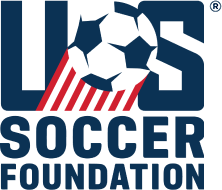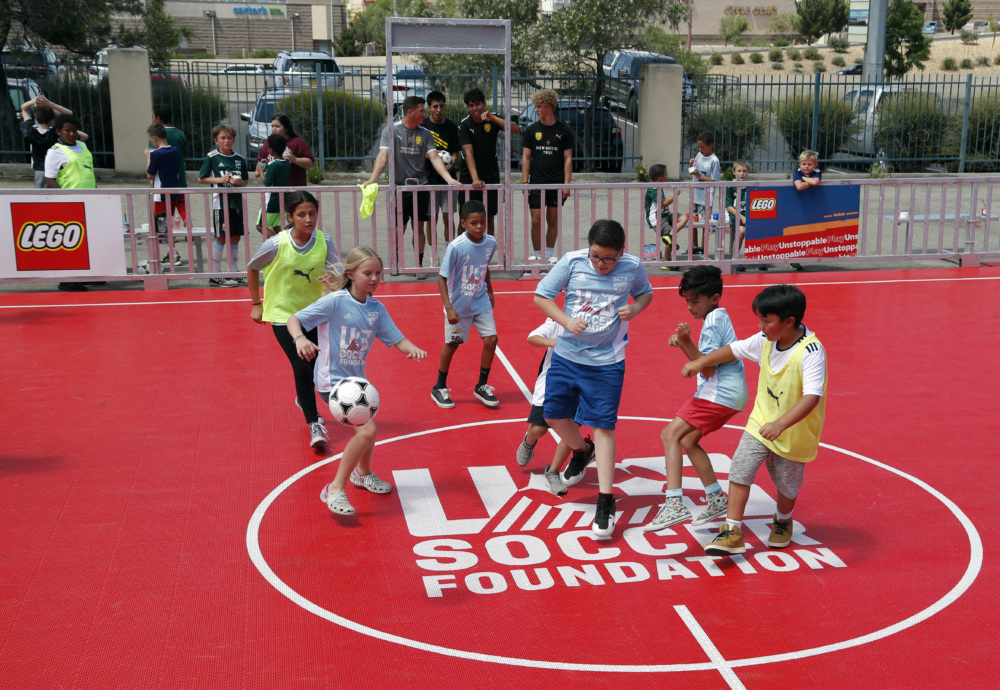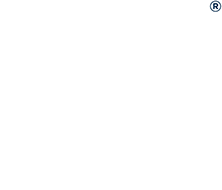

Let soccer do what soccer does.
Together, we can give millions of kids from underserved communities safe places to grow, thrive and build confidence for life.
Don’t Underestimate the Power of Sport in this Moment
“Sport has the power to change the world. It has the power to inspire. It has the power to unite people in a way that little else does. It speaks to youth in a language they understand. Sport can create hope where there was only despair. It is more powerful than government in breaking down racial barriers.”
—Nelson Mandela
As the national discussion on racism and equity issues continues, the power of sport as a vehicle for social change has risen to the forefront of conversations and discussions. But what does that mean in practical terms? How should we think of sports at this moment in time – a moment of soul-crushing sadness about the continued injustices and inequity faced by Black and Brown Americans? Yet, also a moment of swelling hope surrounding what may be a once-in-a-lifetime opportunity to initiate deep and lasting change for future generations?
Elite athletes play a critical role. Colin Kaepernick and Megan Rapinoe – like Tommie Smith and John Carlos before them at the 1968 Olympics – used their moments in the spotlight to force the nation and the world to confront issues it would rather ignore. In the wake of the recent shooting of Jacob Blake, pro athletes collectively decided not to play high-profile games and matches in an effort to force our nation to take a hard look at these issues and to spark real action. Their voices matter.
The response of the nation’s pro leagues matters, too. They have the public platforms and the financial resources to shape public opinion and drive the national agenda. In the wake of George Floyd’s death at the hands of police, the NBA, WNBA, NFL, MLS, NWSL, NHL, MLB, and even NASCAR issued strong statements and have taken actions that indicate they are ready to do just that.
Yet, when it comes to this sector driving enduring social change, arguably nothing has as much potential as youth sports. Young people are our future leaders and youth coaches are an underutilized national resource in shaping their trajectory. Youth coaches are among the most influential people in a child’s life. Too often though we measure a youth coach’s success by wins and losses as opposed to the impact they have on a child’s overall development.

Youth sports is also an undervalued contributor to social connection across social, racial, ethnic, and gender lines. It is a platform that brings people of varied backgrounds together in pursuit of a common goal: support of their children. It also can have a positive impact on long-term health and the development of critical life skills – leadership, teamwork, perseverance, grit – that is too easily taken for granted.
In order to maximize our potential, we must reimagine youth sports. Celebrating a fortunate and gifted few who receive college scholarships and “looks” from pro scouts isn’t enough. Leaders from the national, state, and grassroots levels must embrace and leverage youth sports as a vehicle to also help shape the health and development of the whole child beyond the playing field.
This approach benefits children of all backgrounds and athletic abilities, from little kickers to academy level athletes. That value is magnified when employed in underserved communities, where equity issues are evident in everything from the lack of safe places for children to play to few opportunities to participate in organized youth sports. In fact, underserved communities are four and half times more likely to lack recreational facilities and 81% of children living in poverty are not playing organized sports.
Simply rolling out a ball and blowing a whistle won’t drive the kind of enduring change that truly matters. To have the greatest impact, youth sports must fully embrace the best practices developed by sports-based youth development organizations. In addition to technical skills and drills, these groups leverage sport to improve health, social, and education outcomes among youth.
For example, the U.S. Soccer Foundation’s national network of community partners use soccer to deliver in five key areas:
- Physical Activity: using soccer to deliver at least 60 minutes of moderate-to-vigorous physical activity.
- Health & Wellness: melding traditional soccer skill drills with wellness learning in fun and engaging ways.
- Mentorship: training coach-mentors to support children’s social-emotional learning and development of other critical life skills.
- Community Engagement: connecting families to resources and providing information that helps them live healthy lifestyles and nurture their child’s personal growth.
- Safe Spaces: providing spaces that are physically and emotionally safe for participants.
The results: 88% of participants in the Soccer for Success program work better on a team, 86% avoid anti-social behavior, and 83% have improved health outcomes.

The potential for such outcomes is not unique to soccer. Almost every sport has organizations working to deliver similar outcomes. However, sports-based youth development shouldn’t be a niche endeavor. It should be standard practice at every level of youth sport. Reimagining youth sports was the theme of our recent Virtual National Training. Attendees from hundreds of organizations learned how to have difficult conversations about race with their teams and how to incorporate best practices for sports-based youth development into their local programs. It’s time for policy makers and leaders of youth sports organizations to adopt and support sports-based youth development at a much broader level.
It will take a wide range of interventions beyond sports to address the pressing societal issues we now confront. But sports-based youth development programs that deliver outcomes beyond the scoreboard can play an important role in the social determinants of health and life outcomes. It’s time to get in the game in a way that really matters.
